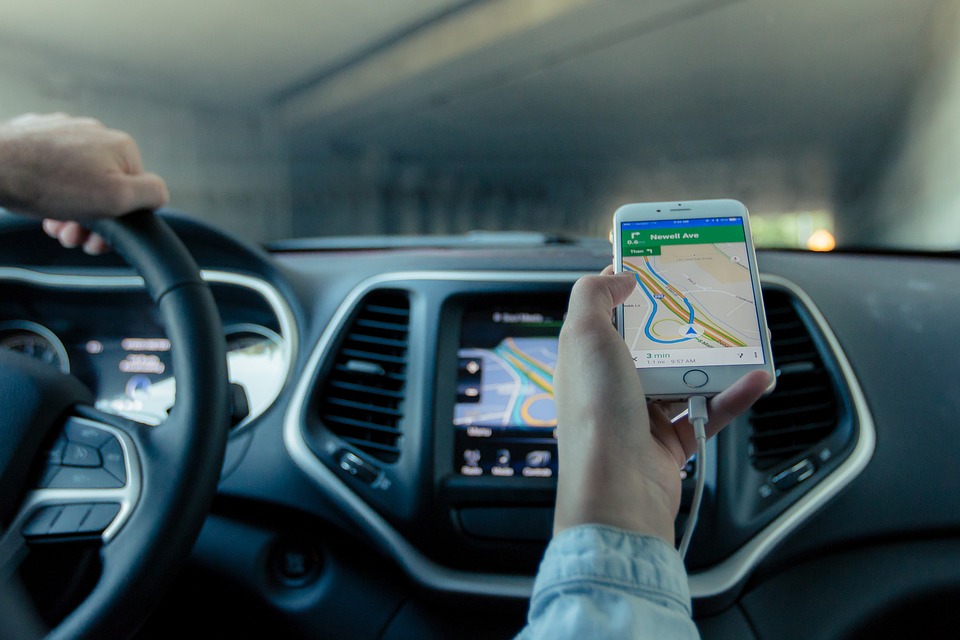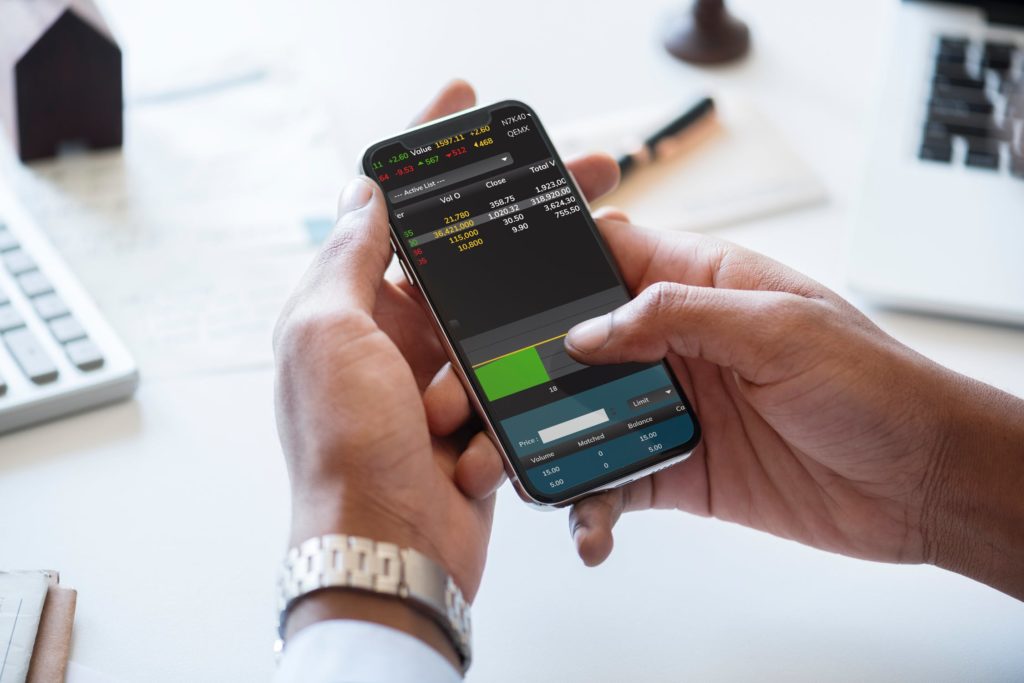GPs, or global positioning system, is a device through which you can determine the exact location of an asset that it has been attached to. A GPS locator device records the exact position of your asset either at specific time intervals or in real time. Originally, it was developed by the US military and continues to be used by the Defense Department.
What a GPS Locator Device Does
A GPS locator device is essentially A system that can tell you the location of something, where it has been, how it’s got there, how fast it moved, and more. Additionally, thanks to modern and up-to-date technology, it can also send you alerts if someone goes outside a predetermined geographical area and may even come with a panic button. While we now have technology to show the location of a device on an actual map comma it actually shows the latitude and longitude position.
Three types of GPS devices exist. The first is the data logger. This is a device that is not connected to a computer but has an inbuilt memory instead. Whenever the device is back in your possession, you can download the data from its memory onto a different computer. These devices are beneficial because they do not require an internet connection or other such system, but it does mean you will not be able to receive real time data.
The second is the data pusher, a device often used in the world of security. The data pusher sends data from the tracker to a central database, where its exact direction, speed, distance, and location are uploaded at regular intervals. These devices do allow you to track an item in real time. It is often used when an asset has to be tracked on a temporary basis. An internet connected smartphone is actually a data puller, particularly if they have their location enabled.
Lastly, there is the GPS puller. These are usually fitted to fleet vehicles because they also allow you to look into how fast a car is moving and even how quickly it takes turns. A data puller allows for two-way communications, which is why they are also often used as pet locators and GPS child locators. Even the government uses the GPS puller because of their advanced functionality.
As you can see, there are multiple ways in which GPS locator device can help you protect an asset. It all depends on what it is that you want to know. If you simply want to find out the mode of travel something to look after the fact comma then a data logger is all you need. If you need to be able to track a device in real time, for instance if you have sent a package halfway across the world, then the data pusher is more suitable. If, on the other hand, you want to keep an elderly relative with Alzheimer’s disease safe and want to make sure they can press a panic button if necessary, then you need the GPS puller.





